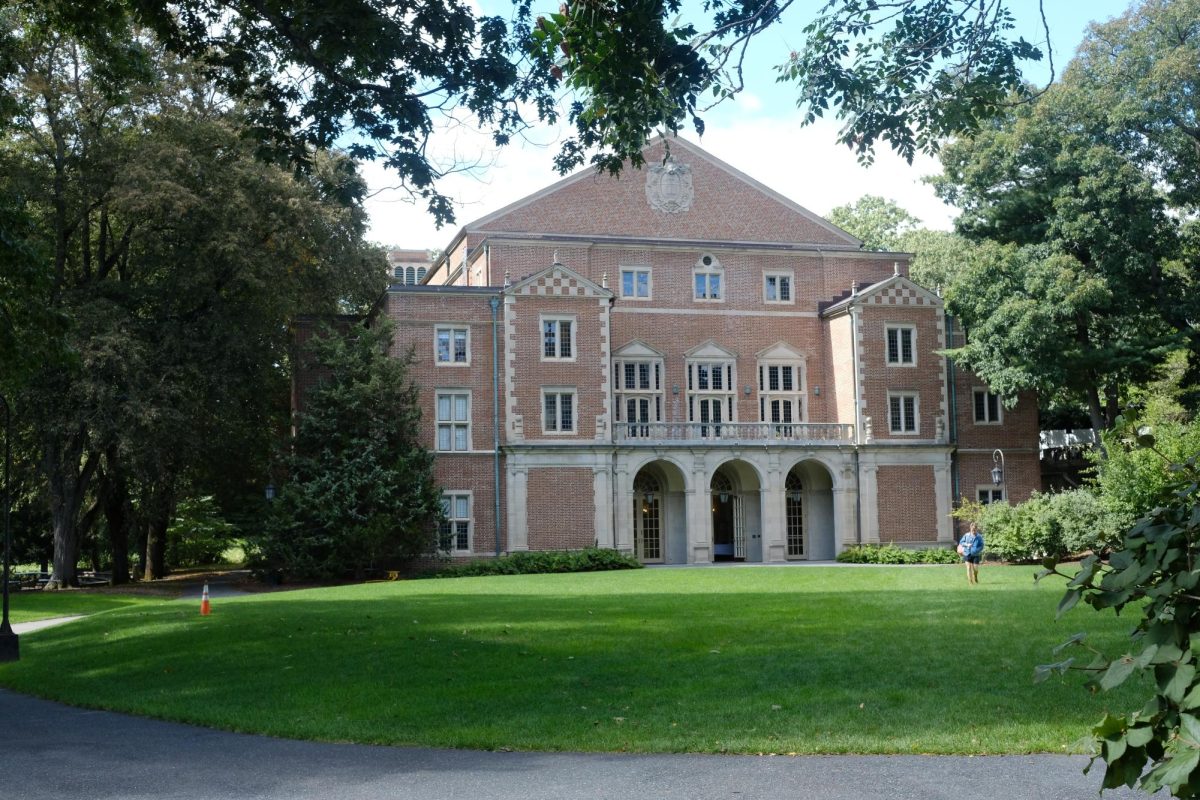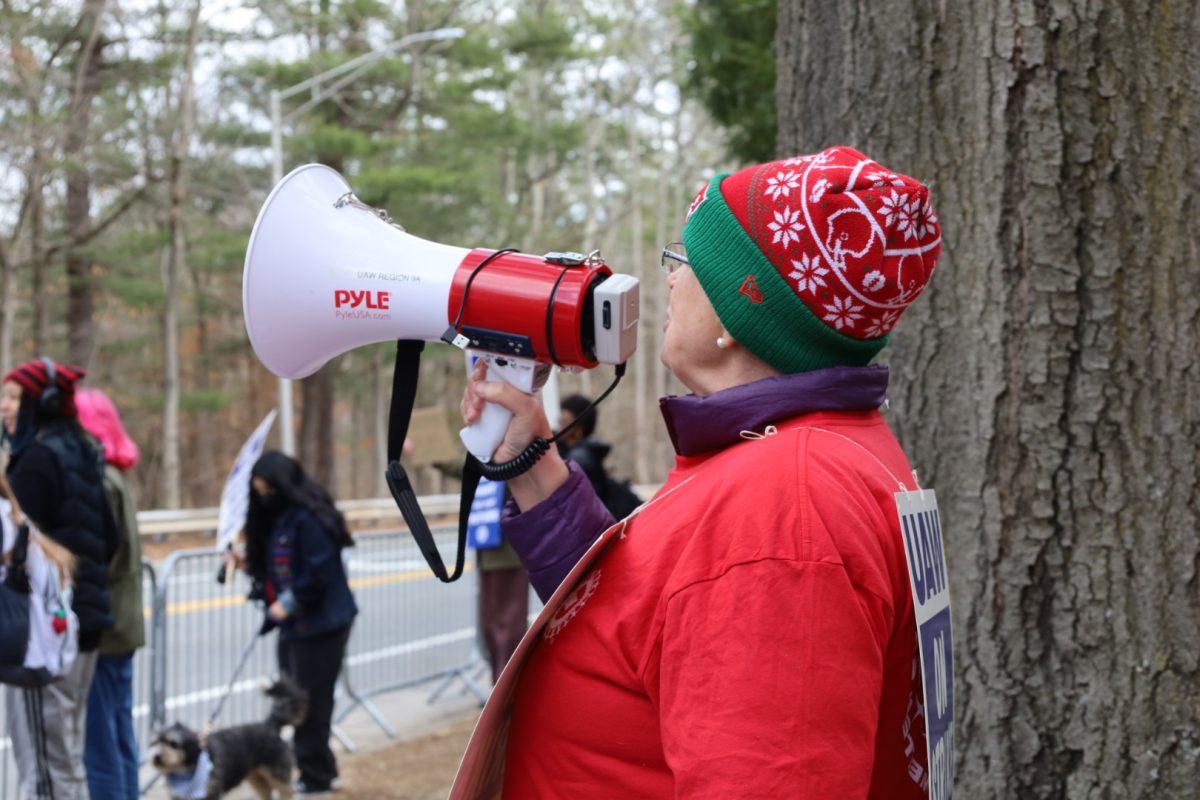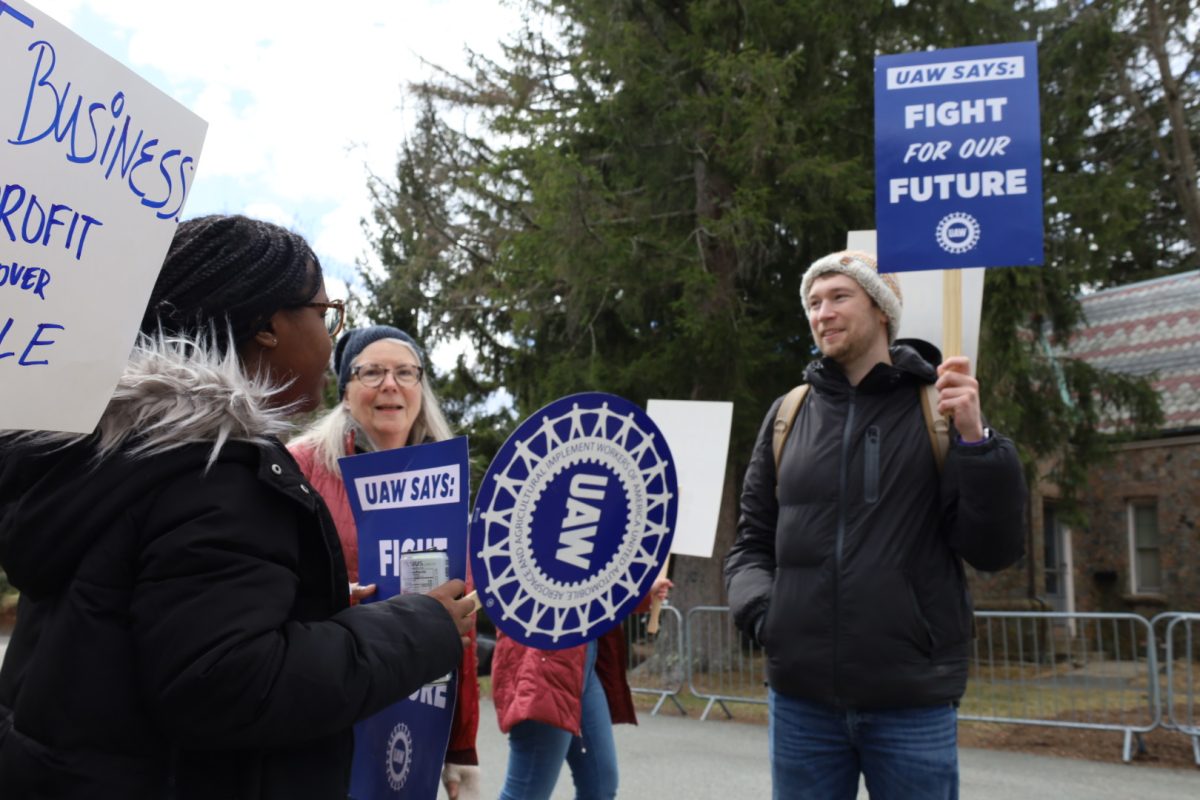For Tarini Sinha ’22, the residential dorms were not a safe place. She always felt like she needed to shrink herself down, to take up less space. It was not until she moved into the feminist cooperative Instead that she was finally comfortable in a living space at Wellesley. Instead and the sustainable living cooperative (usually referred to as SCoop) are two student cooperatives that have historically been housed in Homestead, a house on campus across the street from the College Club. SCoop has been operating out of the space since 2008.
However, next year this is slated to change. On May 7, Dean of Students Sheilah Shaw Horton announced via email that the cooperatives would be relocated to standard dormitory spaces. According to the Office of Communications and Public Affairs, the decision was made due to the cost of ongoing maintenance, especially in small dorms, of increasing accessibility at Wellesley. For students like Sinha who have called Homestead their home, the news is deeply troubling.
“We have been working to improve the accessibility of our student housing,” the statement to The News read. “In doing this work, we have recognized that some of our co-op programs are located in houses that are not accessible. This limits student participation in the co-op programs as a part of our overall residential life program.”
Student reactions
Many students who have been part of SCoop or Instead chose the space for a sense of community and safety that they did not find in the residential dorms. According to Padya Paramita ’18, living in a cooperative is like “coming home to your family.” After feeling lonely in the dorms as a residential assistant, at the end of their sophomore year, they decided to move into SCoop, where they found a vibrant community built on sustainability and trust.
“The feeling of home … that feeling of ‘this is my space, these are my people, this is my family,’ I can’t imagine this being recreated in the res halls,” Paramita said.
Sinha did not move into Homestead until the end of her sophomore year. Although she had always had a great residential life staff, she had difficulty living in a space that she felt constrained her autonomy. Despite these concerns, Sinha tried to live in the dorms for two years before “fleeing” to Instead.
“I don’t think res life can do anything to change that,” Sinha said. “I just know that as a student of color and as an international student [in a dorm], I was going to do something that was going to violate someone’s boundaries that I didn’t know because I was taking up more space than what a white, American student wanted me to.”
Like Sinha, Felix Jordan ’22 also had negative experiences living in a dormitory. While living in the dorms, Jordan recalls having students call campus police on them or telling them they don’t look like a Wellesley student. For them, the possibility of no longer being able to live in Homestead is “heartbreaking.”
“These are experiences I’ve had that I don’t have in SCoop, and I’m kind of nervous about having them again in a res hall,” Jordan said.
According to Sinha and Grey Devlin ’22, many students in cooperative housing have had negative experiences in a dorm setting. Devlin, who has lived in SCoop since their first year, finds the idea of moving back into a dorm frightening.
“My perception of living at Wellesley is SCoop … the prospect of coming back to campus and not being in the co-op that I lived in my entire time is really scary,” Devlin said.
Moving forward
Since the announcement, members of SCoop and Instead have had several meetings with administration to determine the best course moving forward. Several members of SCoop and Instead, however, have felt frustrated over the conversations and outcomes. Jordan left the meetings with many questions unanswered.
“I don’t think [administration] is coming at this from a place of malice,” Jordan said. “I think it’s one thing to know that a place is a safe space … but for you to actually experience is different. I think that the administration sees this as a glorified [housing] block, which is kind of upsetting because we are so much more than that. It’s clear that they don’t have a full understanding of what we are.”
In Fall 2017, after eating dinner at SCoop, President Paula Johnson wrote an article for Wellesley Magazine about the co-op’s importance in creating a safe and communal space on campus.
“During my visit, I saw a group of young [people] deeply invested in practicing a kind of emotional sustainability — a way of living and learning together that uses shared purpose to bridge differences and live in a spirit of communal support,” Johnson wrote.
Co-op residents say that the administration’s current proposal, which would house them in the dormitories, would not allow that spirit of “emotional sustainability” to carry forward. According to students involved in discussions, the alternative proposal from Wellesley’s administration would allow members of SCoop and Instead to select rooms in Lake House before other students. Among other reasons, the location was chosen due to its access to a kitchen and shared lounge. While cooperative members are grateful for the consideration, they expressed frustration over having their space thought of merely as a dorm with a kitchen.
“Our communities are not just about having access to a kitchen,” Sinha said. “Our communities are about safety, they’re about mutual accountability and autonomy. They’re about building community, and those are not things that we feel can be met in a typical residential space.”
Jordan, Devlin and Paramita all agree that SCoop and Instead cannot exist within a standard residential space due to the lack of autonomy and privacy. Additionally, according to Sinha, dorms tend to have more punitive policies and hierarchical leadership, neither of which SCoop or Instead use. Sinha adds that it’s not necessarily the fault of residential life and that the cooperatives are not inherently anti-residential life.
“It’s really sad because we as organizations have often been forced to be positioned as anti-res life, anti-Wellesley, anti-community, when in fact we care a lot about our communities and we’re not anti-res life at all. … We’re not trying to position ourselves as oppositional to these communities,” Sinha said. “This is just really sad, because I’m part of a cooperative because I love the communities Wellesley has to offer.“






